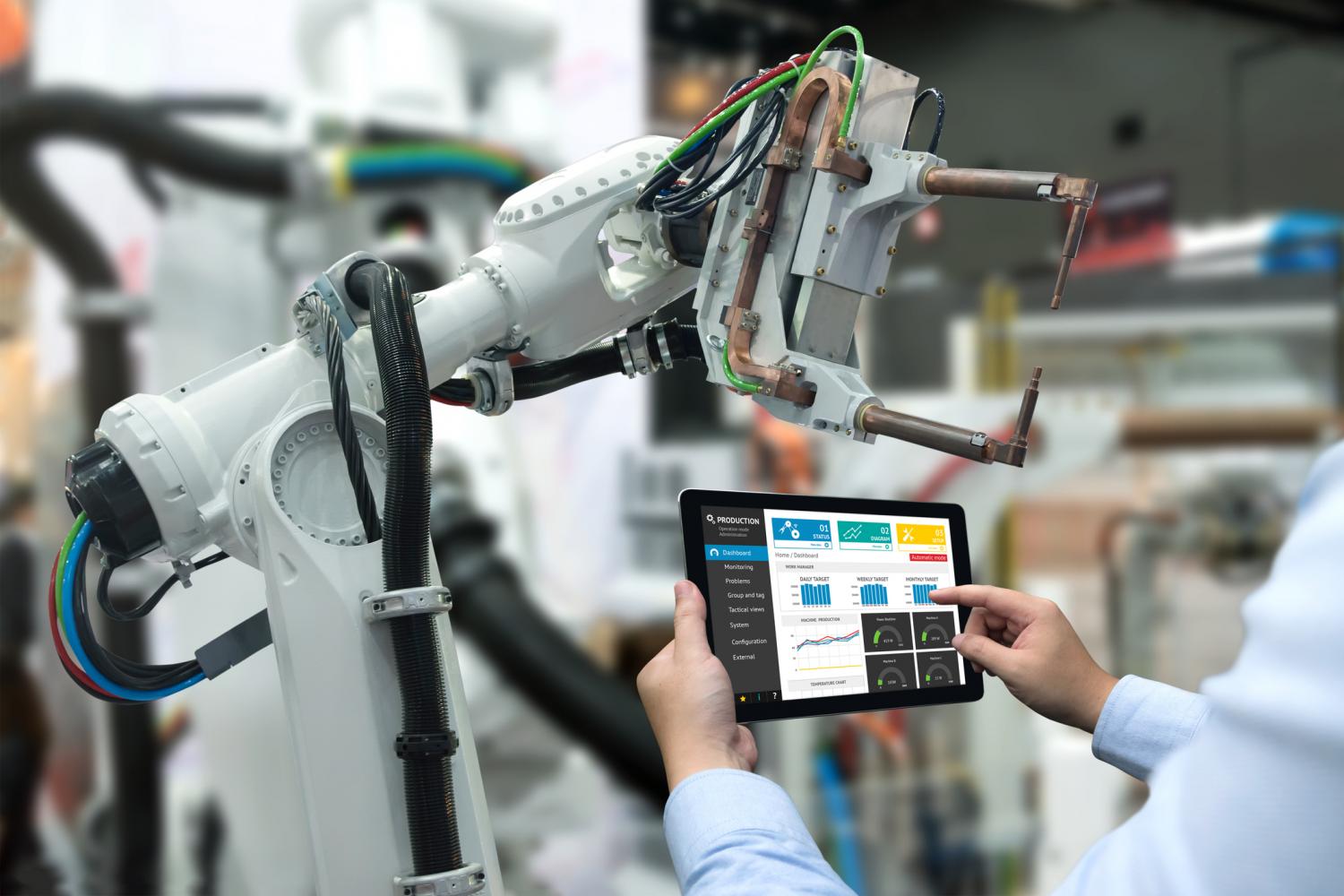
A critical shortage of people skilled in the field of artificial intelligence (AI) in Thailand is hampering the growth of local AI companies despite strong demand for the technology, says the newly established Artificial Intelligence Entrepreneur Association of Thailand (AIEAT).
"A major obstacle for AI production firms is the lack of talent," said Kobkrit Viriyayudhakorn, president of the AIEAT.
"I am sure anyone who is making AI and machine learning products is overloaded with work. The work is shouldered by just a few people in companies, and this makes the firms unable to scale."
The local AI industry also needs people with digital skills who can customise AI to suit the local context, he said.
The country needs people who understand the AI model and are able to train AI to understand more about the local context and tasks, said Mr Kobkrit.
He said there is lots of room for people in Thailand to run AI-based businesses using Thai language, even as global internet giants engage in AI technology.
"This is an opportunity for local startups," said Mr Kobkrit. "I want to push for AI technology in Thai language to help develop Thai talent."
The AIEAT was launched on March 16. The association was founded by 13 companies.
It serves as a representative for its members developing AI to coordinate with the government and other organisations, including foreign partners.
Vasupon Thankakan, business group director for Microsoft Azure at Microsoft Thailand, said Thai language is widely used in the domestic market, which could serve as a barrier, preventing foreign AI competitors from stepping into it.
He said the Thai market is not large enough for foreign AI development firms to make a hefty investment and, therefore, local players would be able to fill the gap and provide this technology to the local market.
Touching upon the global AI trend, AIEAT vice-president Chanwit Boonchuay said AI technology has increasingly been used as part of companies' financial strategy planning.
AI is also being used to a greater degree to manage supply chain and production as well as risk mitigation, he said.
The pandemic is propelling AI investment globally, particularly in the health and auto sectors, said Mr Chanwit.
According to Grand View Research, the global AI market was worth US$39.9 billion in 2019 and is projected to grow at a compound annual growth rate of 42.2% between 2020 and 2027.